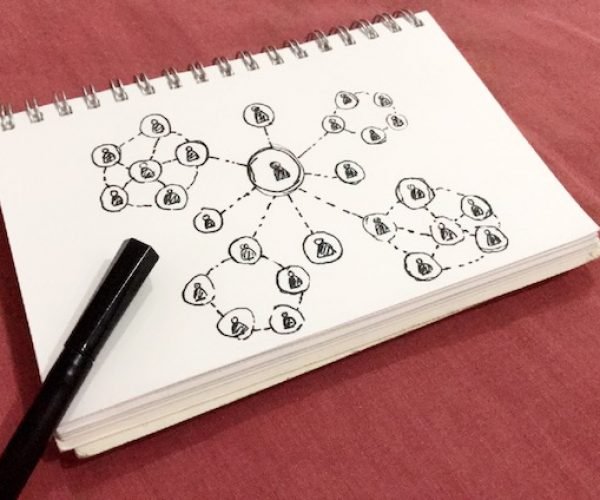The Digital Age
Welcome to the information age.
The Digital Age, otherwise known as the Information Age or the Computer Age, is the present era where everything is dependent on the widespread use of the Internet. It is the time frame in history in the 1970s, where personal computers and communication technologies are used in social, political, and business activities.

Our way of life has transformed into digital sociology. These developments have changed the way we live and work and have become a part of our everyday life. As we developed digital media, it made substantial effects on our behaviour and social relationships. It also created social issues and challenges that we are facing today.
No matter how many benefits it may have for people, it is still considered a double-edged sword. Having complete and fast access to information can be a recipe for success but it can pose many challenges.
On this page, you will learn about:
- How the Digital Age developed through the years
- How people benefit from the Digital Age
- The Challenges and issues the Digital Age has
How The Digital Age Progressed
It was a slow transition of transferring information from books to online websites. Over the years, more and more businesses and individuals have embraced the concept of digital media. Digital sociology also developed and became a branch of sociology.
In the mid-digital age, traditional TV cable services soon transitioned to online entertainment. Although cash is king, many companies have already moved to card payments and online transactions. Coming into the post-digital age, we could have Internet access on all devices including cars, appliances, and smart homes. You can expect new challenges coming your way as the digital age develops.
Museossa on esillä sekä kotimaista että kansainvälistä valokuvataidetta. Näyttelyt vaihtuvat aina säännöllisin väliajoin ja aiheina nähdään lähes mitä vain. Lisäksi museossa järjestetään kursseja, luentoja sekä työpajoja, joissa voi vierailla, mikäli haluaa syventyä aiheeseen. Kuvanäyttelyt sisältävät valokuvia eri kategorioista, kuten luontokuvia, maisemakuvia, muotikuvia sekä dokumenttikuvia.
The Effects Of The Digital Age
Digital media has indeed shaped education with the vast educational tools that can be used to attract and teach every type of student. However, it has drastically affected student learning. Doing research or homework can be a breeze for internet-savvy students but learning may not be as effective as it was if students only copy-paste their work without understanding it.
In relationships, social media plays a huge role for many people. Though you can easily learn and gather information about a person through social media, it is definitely not always reliable. People can easily change information online. Plus, using too much social media can make people feel disconnected from reality. Social media can be a form of expressing interest and love to one another, but it can also be a platform that sparks conflict.

Recent Blog Posts

Top Trends In The New Digital Age
From social and economic impacts, the New Digital Age has more to offer in digital marketing and the work environment. Learn more about the latest here.

Digital Health Improves Patient Care
Digital health has been pivotal in the health sector transformation that is currently in full bloom. This article looks at the implications this will have.

Cyberbullying On Social Media
Cyberbullying on social media can gave irreparable effects on people. This is why it is greatly discouraged and frowned upon.
The Challenges Faced From The Digital Age
In the Digital Age, the more we advance, the more challenges it brings. People have access to information across several devices including desktop, mobile phone, and tablet. Thus, it poses many security challenges. The IT department has to make sure that your personal data is safe and secure. Having a 24/7 demand for information requires a balance between easy access and security. With easy access to information, people have become intellectually lazy, which tends to make people believe everything they see on the Internet.
Moreover, it makes it challenging for doctors to deal with patients self-diagnosing themselves based on unreliable information from the Internet. The Digital Age has gradually decreased the attention span of people as well. That is why companies have tried every trick in the book to stand out and catch their consumer’s attention.
FAQ
What is digital sociology?
Digital sociology is a branch of sociology that tackles how digital media affects our way of living. It specifically deals with the behaviour and interactions of people and society.
Do we live in a digital culture?
We are in the Digital Age where people rely on digital media including websites, social media, educational tools, health platforms and more. Incorporating a digital culture is believed to motivate employees in continuous innovation and promotes having the right tools and platforms for a better workforce.
